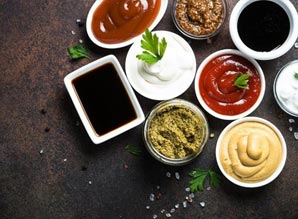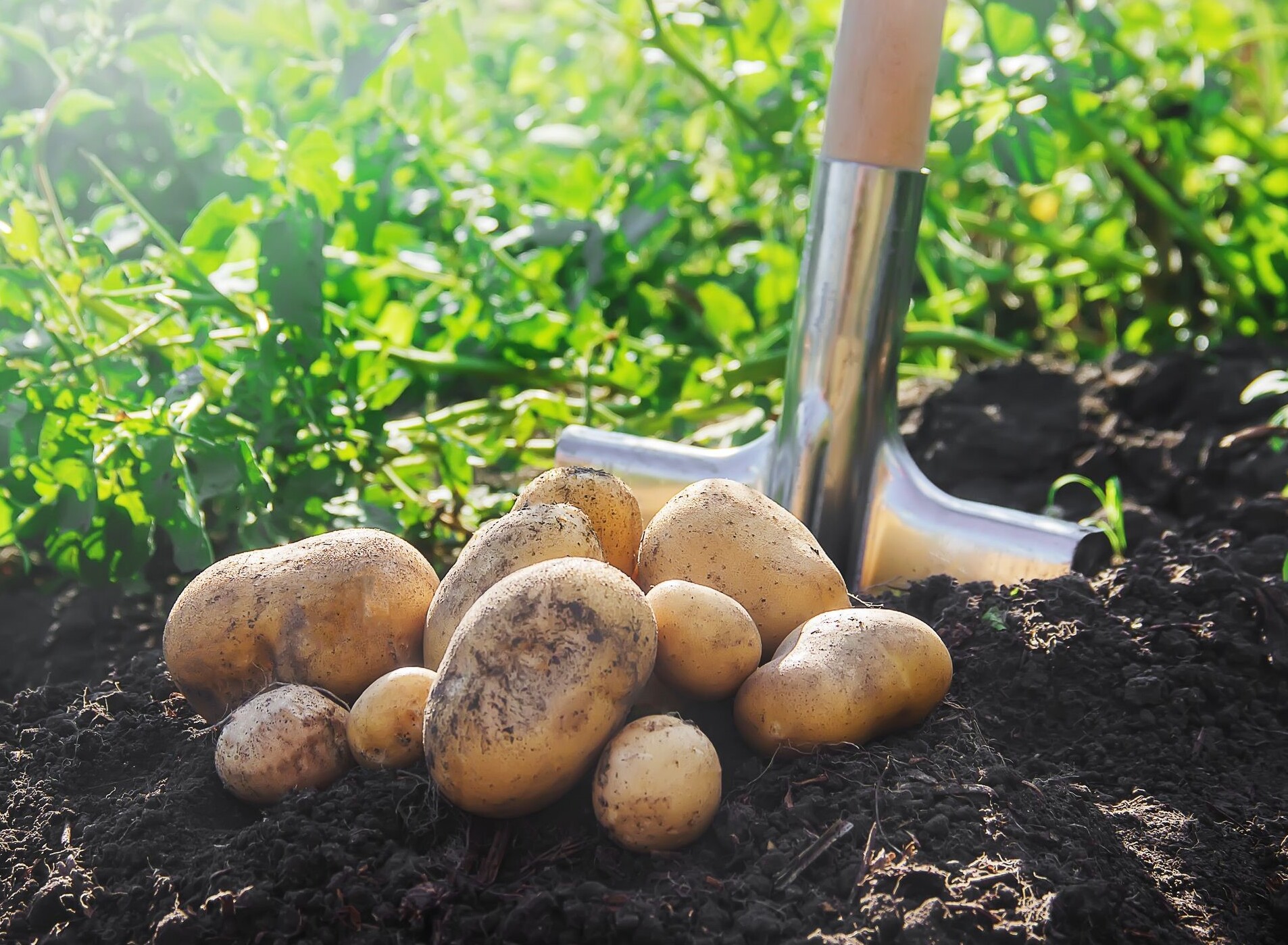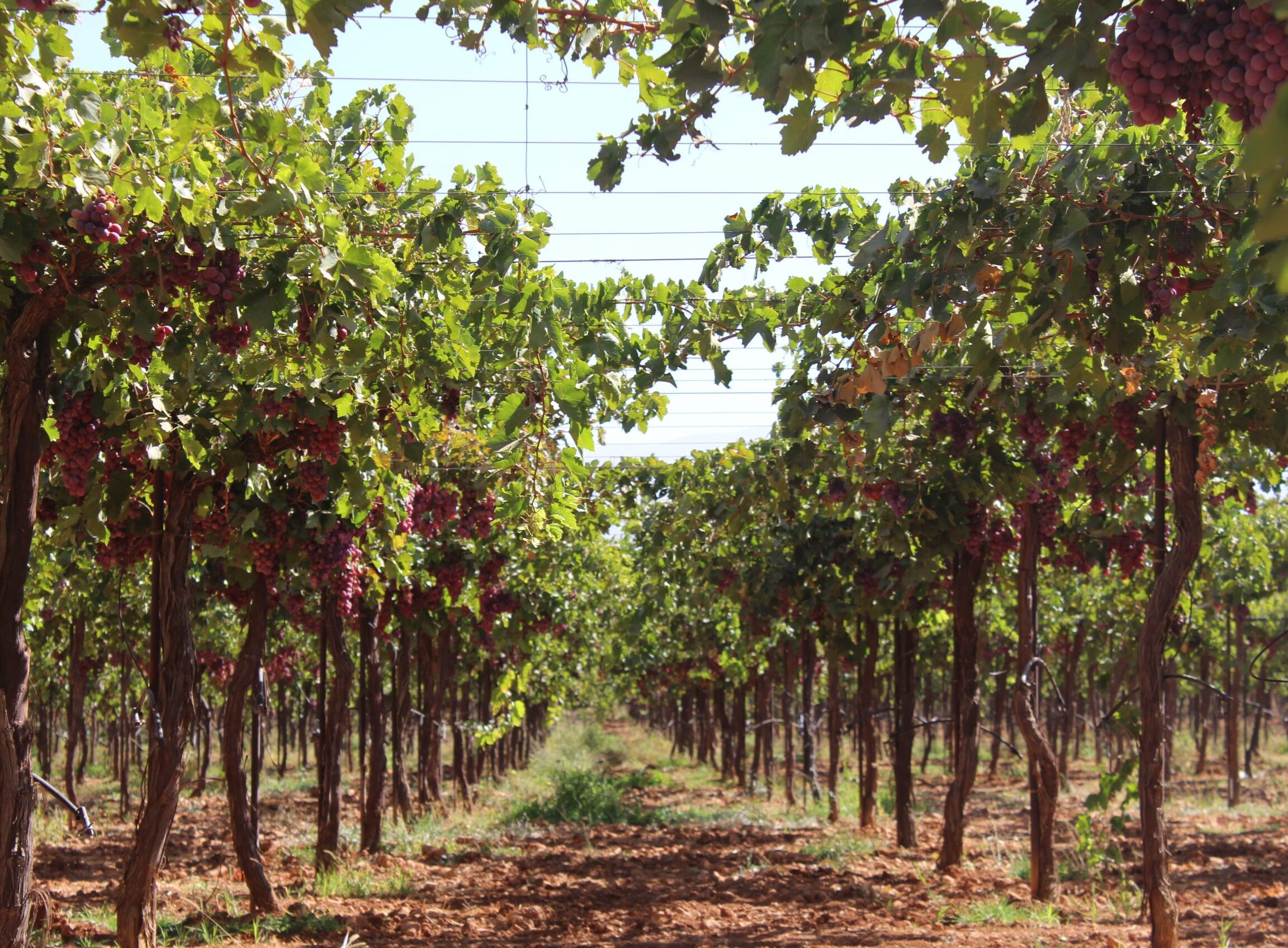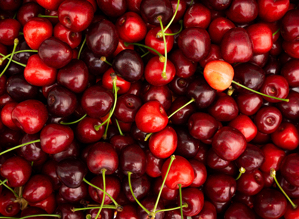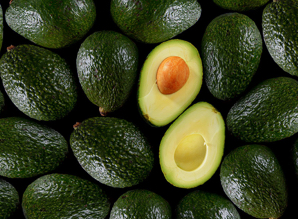Lebanon is relatively a large exporter of sauces and mixed condiments and mixed seasoning, worldwide over the past two decades and among the top 60 exporters of such products in 2020. Exports have been growing at a CAGR of 21.3% from $518,000 in 2001 to $20.2m in 2020. In the coming years, promising opportunities can be found in the United States and in the United Kingdom for Lebanese sauces and seasonings producers. This document gives an overview about the sauces market, takes a closer look at Lebanon’s exports and worldwide imports, and highlights potential growth opportunities of Lebanon’s exports of sauces, mixed condiments and seasonings.
Archives: Products
Pickles
Lebanon has been one of the main exporters of pickled products worldwide over the past two decades and among the top 20 exporters of such products for the last two years. Exports have been growing at a CAGR of 8.5% from $4,022,000 in 2001 to $18,896,000 in 2020[1]. In the coming years, promising opportunities can be found in Canada and the U.S. for Lebanese pickle producers. This document gives an overview of the pickle market, takes a closer look at Lebanon’s exports and worldwide imports, and highlights potential growth opportunities for Lebanon’s exports of pickles.
Wine
Lebanon has ranked among the 34th and 48th of the top exporters of wine in the last two decades. Its wine exports have been growing at a CAGR of 4.84 % from $6,594,000 in 2001 to $ 16,972,000 in 2020.
In the coming years, promising opportunities can be found in Norway, Denmark, Poland, Belgium, Latvia and Romania for the Lebanese wine. This document gives an overview about the wine market, takes a closer look Lebanon’s exports and worldwide imports and highlights potential growth opportunities of Lebanon’s wine exports
Potatoes
Since the 1960s, Lebanon has been an important regional producer of potatoes using imports of quality seeds from western countries, such as the Netherlands, exporting to markets mainly in Arab countries.
Markets in Europe show a wide diversity. The UK, Scandinavia and France are considered high end, offering good prices. The German market is a bulk and discount market.
For the past 20 years, Lebanese exports of potatoes have been fluctuating over the years, reaching on all time high of $48 million in 2014. For the past 3 years, the average value hovers around $15 million.
This report provides an overview of Lebanon’s current production and exports of potatoes and its position in the international markets. It also sheds the light on the available opportunities to enhance the country’s export potential with an overall aim of strengthening Lebanese exporters’ capacities and competitiveness.
Grapes
Lebanon has witnessed vast improvements in its exports of table grapes over the years especially with Lebanese grapes being renowned globally for their quality, flavor and taste. In fact, the country’s exports of table grapes have grown from USD 6.7 million in 2012 to 21 million in 2020, presenting a great opportunity to satisfy the remaining untapped potential and to enter new promising markets.
Interestingly, Lebanon has a great opportunity to increase its market share in Europe and the GCC. This report provides an overview of Lebanon’s current production and exports of table grapes, its position in the international markets, and the available opportunities to enhance the country’s export potential with an overall aim of strengthening Lebanese exporters’ capacities and competitiveness.
Olive Oil
Lebanon has been among the top 20 exporters of olive oil globally for at least the last two decades. Exports have been growing at a CAGR of 14.54% from $1,525,000 in 2001 to $23,023,000 in 2020. In the coming years, promising opportunities can be found in Saudi Arabia, Canada, United States of America, Brazil, Germany and Ukraine for the Lebanese olive oil. This document gives an overview about the olive oil market, takes a closer look Lebanon’s exports and worldwide imports and highlights potential growth opportunities of Lebanon’s olive oil exports.
Cherries
Cherry is a relatively expensive stone fruit. It is on average 3-4 times more expensive than peach, plum and apricot. Cherry accounts for about 46% of all world trade in stone fruit in value although the share of cherries in exports quantity is much more modest – only 19%. Despite that, the world export value growth of cherries has significantly outstripped the growth of the other stone fruits trade. On average, the world exports of cherries has grown by on average about USD360 thousand every year in the period 2016-2020. It shows that the global cherries trade is a vibrant market.
Lebanon has a wide assortment of fruits, nuts and vegetables with potential for high-end markets, either in the region or in Europe. Lebanese traders exporting table grapes, avocados, citrus fruit or potatoes, usually also export other products. Taking into consideration the obstacles in the value chains that have to be solved and the impact thereof on the sector, cherries have opportunities.
Lebanon export of cherries have seen a slow but gradual upward trend in the past decade. While until 2015 exports did not go much beyond USD 1 million, in 2015 it reached more than USD2 million and in 2016 it peaked at more than USD 3 million. Since then, exports have reached at least USD2.4 million per year.
This report provides an overview of Lebanon’s current production and exports of cherries, its position in the international markets, and the available opportunities to enhance the country’s export potential with an overall aim of strengthening Lebanese exporters’ capacities and competitiveness.
Avocado
Lebanon is making great strides to catch up to the renowned exporters of avocados in the world. In fact, the country’s exports of avocados have grown from USD 533,000 in 2012 to 3.3 million in 2020, presenting a great opportunity to satisfy the remaining untapped potential and to enter new promising markets.
Interestingly, Lebanon has a great opportunity to increase its market share in Europe and the Middle East.
This report provides an overview of Lebanon’s current production and exports of avocados, its position in the international markets, and the available opportunities to enhance the country’s export potential with an overall aim of strengthening Lebanese exporters’ capacities and competitiveness.

